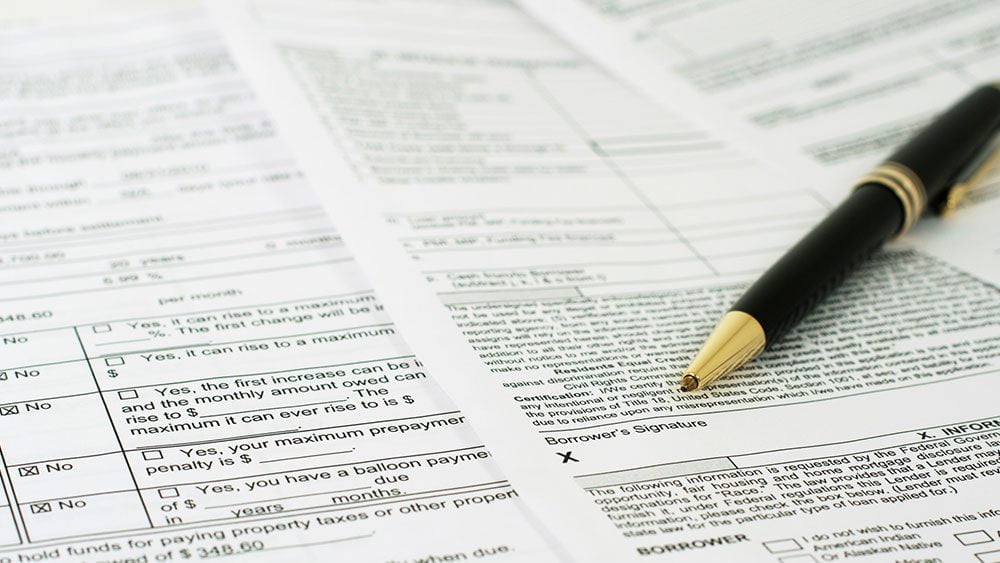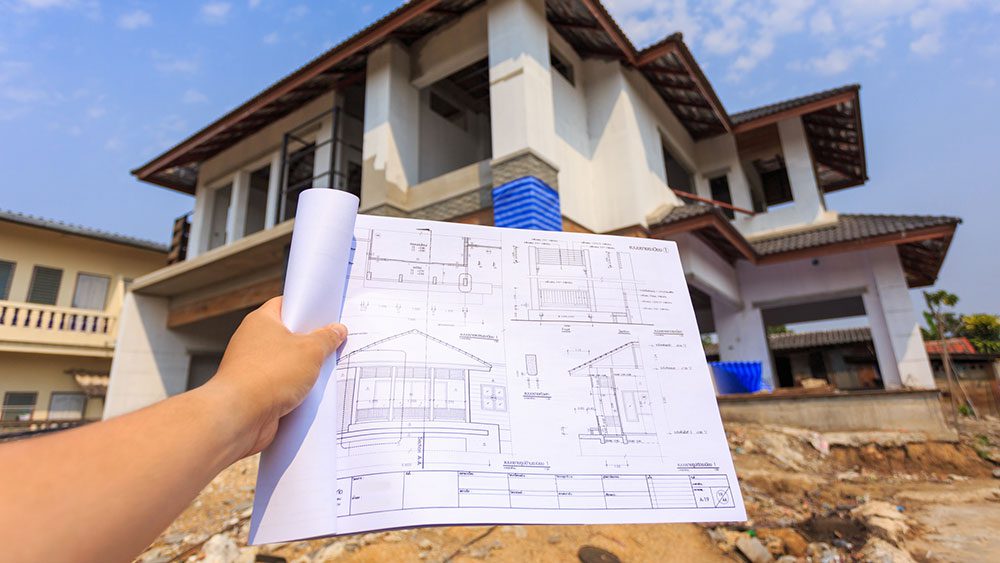A pre-approval letter is a document from a lender based on certain assumptions, stating the maximum the lender is willing to lend to purchase a home. When applying for a mortgage pre-approval, the lender typically requires information about your credit, employment, income, debts, and assets to determine your creditworthiness.
Documents Needed for Mortgage Pre-Approval
Here is a brief overview of the documents you’ll need for the pre-approval process.
- Proof of Income. Homebuyers generally need to provide W-2 wage statements for the two most recent years, pay stubs from the last 30 days, year-to-date income, and proof of any additional source of income, such as alimony or bonuses. Lenders will also want to review tax returns from the previous two years.
Self-employed applicants will be asked to submit business documents, such as profit and loss statements, Schedule C, K-1, or Form 1099, depending on the business structure.
- Proof of Assets. You will need to provide bank and investment account statements proving that you have the necessary funds for a down payment and closing costs, as well as cash reserves.
- Credit Record. Lenders often require a FICO score of 620 or higher to approve a conventional loan and 500 or higher for a Federal Housing Administration (FHA) loan.
The FHA guidelines allow approved borrowers with a credit score of 580 or higher to pay as little as 3.5% down. Those with scores less than 580 will need to make a larger down payment. Many lenders will work with borrowers with low credit scores and can offer suggestions to improve the score.
- Employment Verification. Lenders want to know they are lending to borrowers with stable employment. So besides reviewing pay stubs, a lender will likely call the employer to verify employment and salary. And if a buyer has recently changed jobs, the lender may contact the previous employer.
Self-employed homebuyers will need to provide additional paperwork concerning their business and income. According to Fannie Mae, lenders want self-employed borrowers to produce documents showing income stability as well as the location and nature of the business.
- Other Documentation. The lender will also want a copy of the borrower’s driver’s license (or passport) and Social Security number to pull a credit report.
How to Prepare for Mortgage Pre-Approval
To receive a pre-approval for a home loan, quite a bit of personal information is required. Here are some steps you can take to prepare for a meeting with a potential mortgage lender.
- Check Your FICO score and Credit History. It is helpful to know your credit score before contacting a lender about a mortgage.
Request copies of your credit report and dispute any errors. If you find any delinquent accounts, work with creditors to resolve the issues before applying for a mortgage. Generally, a credit score of at least 620 is recommended. Credit scores greater than 620 can result in a better interest rate.
- Calculate Your Debt-to-Income (DTI) Ratio. The debt-to-income ratio is the percentage of your gross monthly income (before taxes) that goes toward payments for rent, mortgage, credit cards, or other debt.
For example, if you pay $1,500 a month for your current mortgage, $100 a month for an auto loan, and $400 a month for the rest of your debts, your monthly debt payments are $2,000. If your gross monthly income is $6,000, then your debt-to-income ratio is 33%. Lenders prefer borrowers with a DTI ratio of 36% or less; however, many lenders will accept a DTI ratio of 43%.
Closing Thoughts
The homebuying process begins with becoming pre-approved for a mortgage. Then with a pre-approval letter in hand, real estate agents and home sellers know that you are a serious buyer.
To expedite the process of becoming pre-approved for a mortgage, check your credit report regularly for errors and keep the documentation you’ll need in a convenient and secure place.
© 2024 xpertRealtyMarketing.



